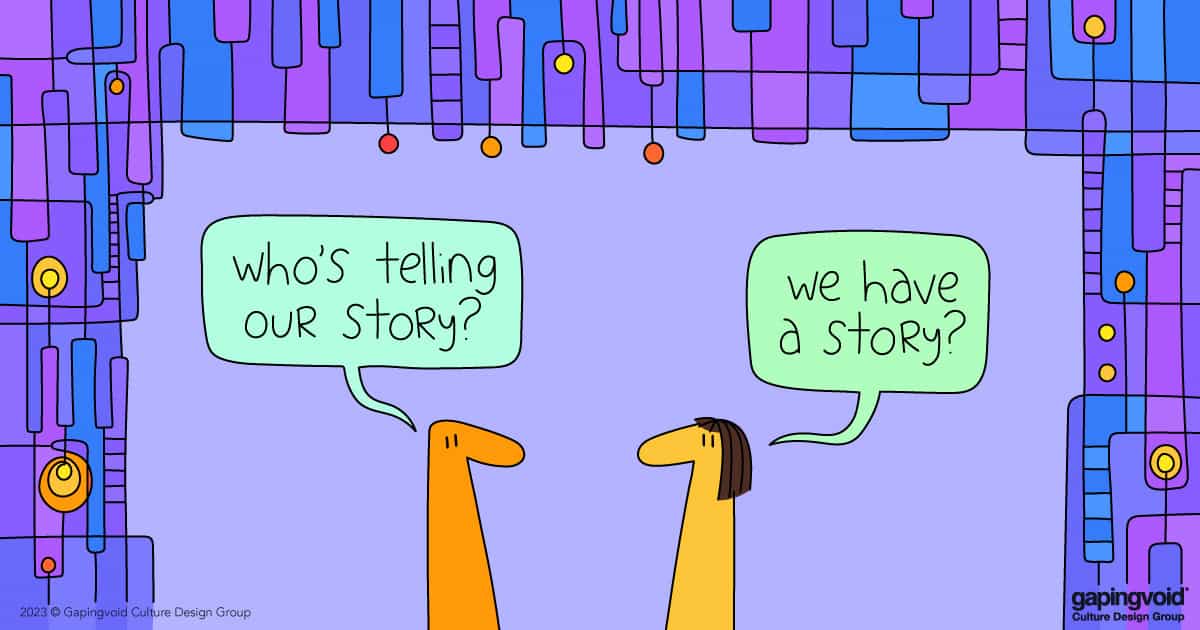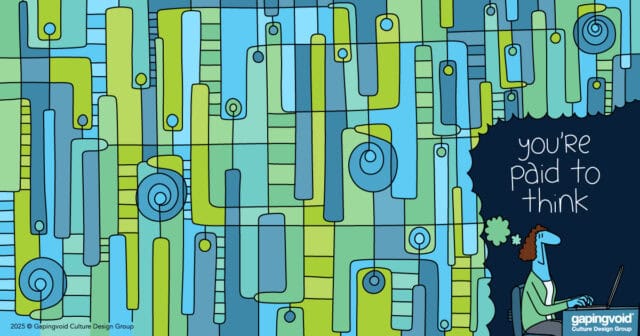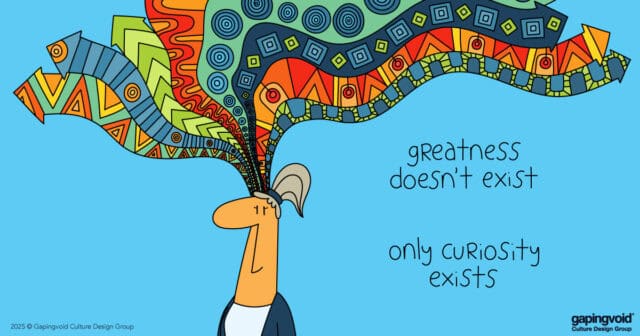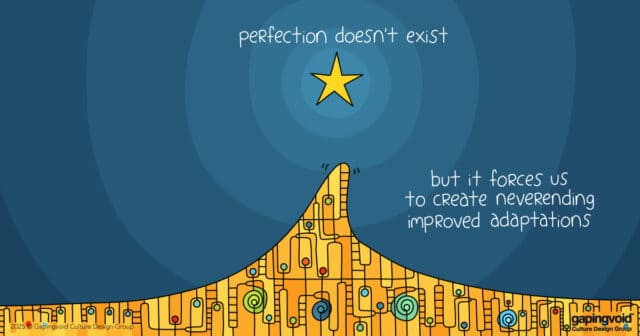
In Book IX of Homer’s Iliad, Western Civilization’s first great epic, the hero of the book, Achilles has to make a choice. He can choose either (1) to live a long life, but it’ll be quiet, boring and he’ll be soon forgotten by posterity, or (2) he can opt for a very short life, but it’ll be one glorified in legend and song forever after. He chooses the latter, and dies young, probably still in his early twenties. And here we are, millennia later, still talking about him. Maybe he knew what he was doing.
What makes his choice so interesting and enduring is not what path he chose, but the fact that WE ALL make that same choice to some extent. Some of us go off and join the French Foreign Legion, some of us stay home and flip burgers. Both paths have pros and cons. Sometimes it pays off, sometimes it doesn’t.
Whatever path we take, we are always confronted with the same question eventually: Does my path (my life) make a good story? Does my narrative make sense? Is the narrative the one I hoped for, or at least, is it a damn good one, worth telling?
And if the answer is “no,” we are consumed by the regret, disappointment and bitterness of “the unlived life.” If the answer is “yes,” we can at least die knowing we gave it our best shot.
Just as Star Wars has lightsabers, Hemingway had 1920s Paris and bullfights, and Jane Austen had polite society, our narrative too needs props. That’s why we buy stuff and also experiences. A big house helps tell one kind of story, so does a Chanel dress, so does the kind of restaurants we go to, or what we do on the weekends. The reason we get so passionate about certain brands is because they fill in our “narrative gaps,” they allow us to more easily tell the stories about ourselves we want to tell the world.
One of the latest manifestations of this act of self-narrative building is a hashtag on TikTok, #DoItForThePlot.
Similar to the “YOLO” idea, it shows people doing crazy stuff on social media not because it’s particularly practical, but because the protagonist thinks it’ll make a great story later or even turn out to be a key turning point in their life.
Maybe it will, maybe it won’t, but at least it’s actually motivating people to go out and live (even if only for the likes).
There is an important lesson here for brands and businesses too because when you think about it, it’s not the story we tell about our services or products that’s powerful, but the stories our products allow THE USER to tell that matters.
“Narrative awareness” is such a secret weapon because at the end of the day, we’re all “doing it for the plot.”



